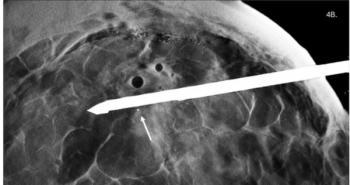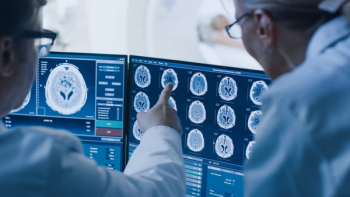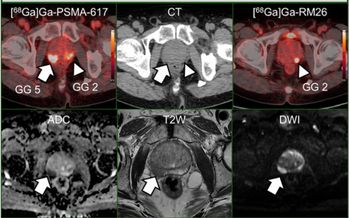
Wearable Brain Scanners, Mammography's COVID-19 Rebound, and Avoiding Post-COVID-19 Burnout
Diagnostic Imaging's Weekly Scan: June 12, 2020
Welcome to Diagnostic Imaging. I'm Senior Editor, Whitney Palmer. We're back this week with the latest in radiology news.
Researchers from the University of Nottingham have designed a prototype of a lightweight helmet that can be used as a brain scanner. This 49-channel device, described in the journal
After months of low image volumes, more than 75 percent of the hospitals and imaging centers that provide mammography services are seeing patients again. According to a data analysis from breast imaging analytics company
Re-opening your practice after months of restricted activity can present challenges, particularly as your image workload is likely to balloon quickly. It can be easy to get stressed. To help you avoid potential burnout,
And, in that vein, it will be critical in the next phase of the pandemic for you to give some attention to self-care and well-being. As volume levels rise and the pressures for social distancing and maximum disinfection continue, taking care of yourself will ensure you can continue to provide the best patient care. This week, Diagnostic Imaging spoke with Dr. Rebecca Seidel, associate professor of breast imaging at Emory University about the importance of self-care and available resources. Dr. Seidel is also chair of Emory’s Wellness Committee and a member of the American College of Radiology’s Well-Being Workgroup. Here’s what she had to say.
Newsletter
Stay at the forefront of radiology with the Diagnostic Imaging newsletter, delivering the latest news, clinical insights, and imaging advancements for today’s radiologists.













